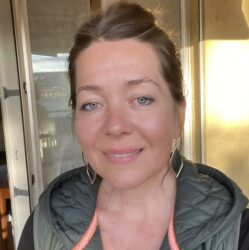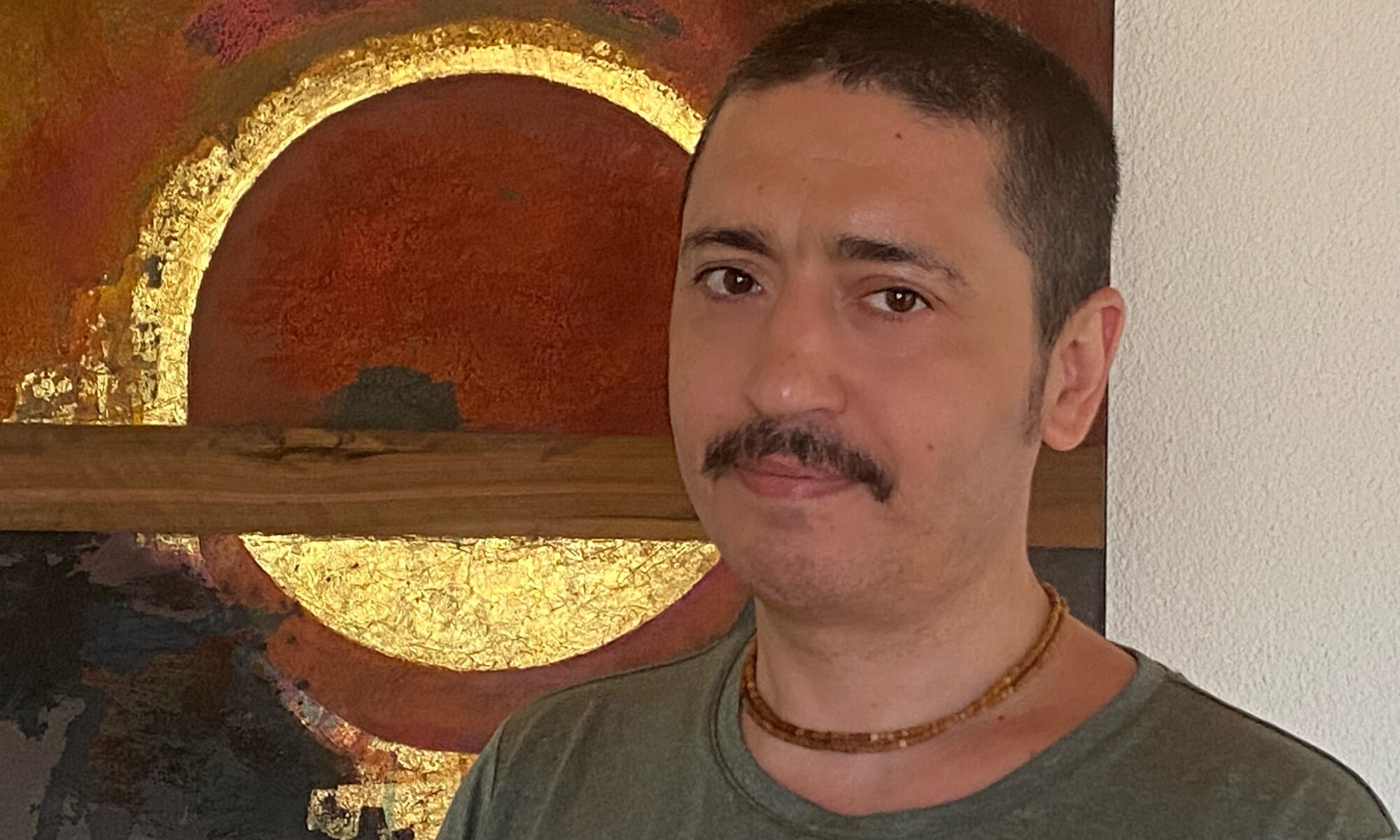We all need money, so much so that many of us are willing to sacrifice our dreams for it. We push ourselves through jobs we don’t love, often complaining about how exhausting it is to show up day after day. And yet, we rarely question why we keep doing it.
When we love what we do, something shifts. We enter a state of flow. It’s no longer about the paycheck, it’s about fulfillment. But most of us don’t dare to believe such a life is possible. Instead, we cling to the idea of security, even when it costs us our joy.
How often have you heard people gather at work just to talk about how boring, unfair, or underpaid their job is? It becomes a kind of united suffering. A collective story of endurance. But why do we endure what we don’t want, what doesn’t make us happy?
The answer is simple: fear.
I know this well. After leaving the Hare Krishna movement, I had to build my life completely anew. I had arrived in Switzerland at the age of fifteen to get married, and the only practical skill I’d gained during those early years was cooking. Because the Swiss temple needed a cook, and as I was the young, newly married wife, I was sent directly to the kitchen. I became highly skilled in cooking, but I never received any formal qualification.
Nobody asked me what I wanted to do. And honestly, back then, I didn’t even ask myself.
Later, I became a mother at 20 and stayed at home. My then-husband was a missionary who sold Vedic scriptures door-to-door. We lived with very little. When my son turned five, we moved away from the temple and enrolled him in a public kindergarten, a huge shift for us. I had never lived in society before, and suddenly, I found myself isolated in a small apartment, disconnected from the only world I had ever known.
That’s when I decided to get a job, to feel useful, to contribute, to belong.
My first job was delivering ads. It was tedious. Eventually, my ex-husband and I burned them all in a giant bonfire in the forest. That was the end of that. My second job was better. I finally earned real money, for the first time in my life. But I had no relationship to money. I had never handled it. And when I had it, I felt guilty and gave it away.
Money scared me.
I didn’t know how to manage money or use it wisely. I often handed it over to my husband, only to panic later when I had nothing left. Then I’d have to ask him for more. The fear of not having enough, because sometimes we truly didn’t, kept me trapped in a constant cycle of scarcity and anxiety.
Looking back, I see how much of my money story was shaped by the environment I was born into. My mother was 15 when she had me. Our family was rich in love but poor in financial security. There was always an undercurrent of anxiety around money. I learned that money was stressful, elusive, and not something I could trust, or that would trust me.
Working at the temple for no pay felt easier than negotiating a salary. I was simply “given what I needed.” Later, in the outside world, I accepted being underpaid and overworked because I didn’t believe I deserved more. I thought I had to prove myself to belong.
But what I’ve realized is this: I’m not alone.
This is a collective story. So many of us carry inherited beliefs about money — from our parents, our culture, our traumas. Some believe they’ll never have enough. Others look down on the wealthy as if wealth is shameful. Like in Aesop’s fable of the fox who couldn’t reach the grapes and decided they were probably sour anyway, we protect ourselves from disappointment by pretending we never wanted more to begin with.
But here’s the truth: abundance begins with self-worth.
We can’t truly experience the value of money if we don’t first recognize the value within ourselves — and in all that life offers us. Abundance doesn’t begin with money; it begins with the ability to see the richness in the everyday, in what we encounter, notice, and receive. Money is merely a symbol, a reflection of that inner state. It follows the awareness, not the other way around. Life’s possibilities begin to unfold the moment we realize how abundant we already are.
If I have a lump of clay in my hand, I can either shape it into something beautiful or I can toss it aside and say, “It was just clay.” The same goes for our lives. Will we shape something meaningful out of our circumstances, or will we stay stuck in fear, convinced there’s nothing more for us?
Money isn’t inherently good or bad. It simply reflects us, our beliefs, our energy, our self-regard.
No, money is not the answer to a happy life. But when we are already fulfilled and abundant within, it can become a beautiful addition — not the source, but a companion to our joy. I’ve known wealthy people gripped by the fear of losing what they have, and I’ve met those with almost nothing who radiate gratitude and light. True abundance isn’t measured in numbers — it lives in our assumptions, our emotions, and the way we relate to life itself.
So the question is: what do you believe about money?
Do you believe life is on your side? Are you provided for? Are you worthy of receiving more?
You don’t have to stay trapped in the story you inherited.
As one quote says, “Abundance is not the absence of scarcity. It is the presence of abundant mentality.”
Another says, “Abundance manifests not just as money and possessions, but as health, love, happiness, and peace of mind.”
You always have a choice: To sculpt something meaningful from your experiences or to let fear decide what you’re worth.
Abundance starts in your mind.
And you are the sculptor.


